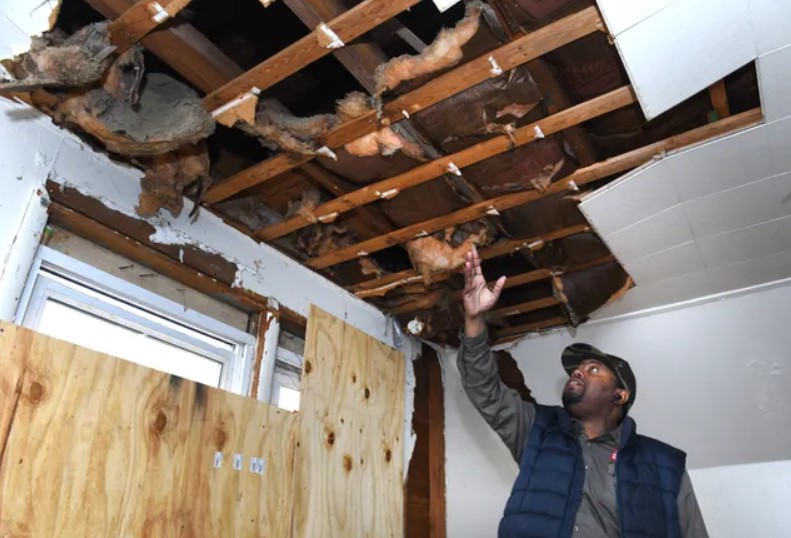When it comes to financing home repairs, many homeowners are faced with the question of where to turn for help. The Department of Housing and Urban Development (HUD) has created a comprehensive guide to help homeowners understand their options when it comes to financing necessary repairs.
Understanding HUD’s Recommendations
HUD recommends that homeowners first explore all potential sources of funding before making any decisions on how to finance their home repair. These sources may include personal savings, grants, loans, and other financial assistance programs.
In addition, HUD suggests that homeowners prioritize repairs based on urgency and cost-effectiveness. Critical repairs such as those related to safety and structure should be addressed first, followed by less urgent but still necessary repairs.
Financing Options
HUD’s guide also outlines various financing options available to homeowners, including:
- Personal Loans: These are loans from banks or credit unions that can be used for home repairs. Interest rates and terms will vary based on the borrower’s credit history.
- Home Equity Loans: These are loans that use the equity in your home as collateral. They may have lower interest rates than personal loans but come with the risk of losing your home if you are unable to make payments.
- Home Equity Lines of Credit (HELOCs): Similar to home equity loans, HELOCs use the equity in your home as collateral. However, instead of receiving a lump sum, you can draw from the credit line as needed. This option may be more suitable for ongoing repairs.

- Government Programs: HUD offers several programs, such as the Title I Property Improvement Loan and the Section 203(k) Rehabilitation Mortgage Insurance Program, to help homeowners finance home repairs. These programs have specific eligibility requirements and may offer more favorable terms than traditional loans.
- Grants: Certain organizations and government agencies offer grants for home repairs that do not need to be repaid. These can be a great option for low-income homeowners or those facing financial hardship.
Additional Considerations
While HUD’s guide provides a thorough overview of financing options, it is important for homeowners to carefully consider their individual financial situation before making a decision. Factors such as credit score, income, and the cost of repairs should all be taken into account.
It is also recommended to seek guidance from a financial advisor or housing counselor if needed. They can provide personalized advice and help homeowners navigate the complex world of home repair financing.
Refinancing Your Mortgage
Another potential option for funding home repair is through refinancing your mortgage. If you have significant equity in your home and current mortgage rates are lower than your existing rate, you may consider refinancing to a new loan with a higher balance, using the difference to fund your repairs. It’s essential to factor in the costs of refinancing and ensure that your new monthly payment will be manageable.
Conclusion
Ultimately, financing home repairs require careful and thoughtful decision-making. With HUD’s comprehensive guide and diligent personal research, homeowners can make informed choices tailored to their unique circumstances. Regardless of the path taken, the goal remains the same: to make your home a safer and more comfortable place to live. Be sure to explore all options, consult with professionals, and make the decision that best serves your financial status and home repair needs. So, don’t let the burden of financing hold you back from keeping your home in top condition. With the right knowledge and resources, it’s possible to turn necessary repairs into a manageable and even rewarding experience. Keep informed and stay proactive in maintaining your home for both your current and future well-being. Happy repairing!
To read more articles visit Go News Time
